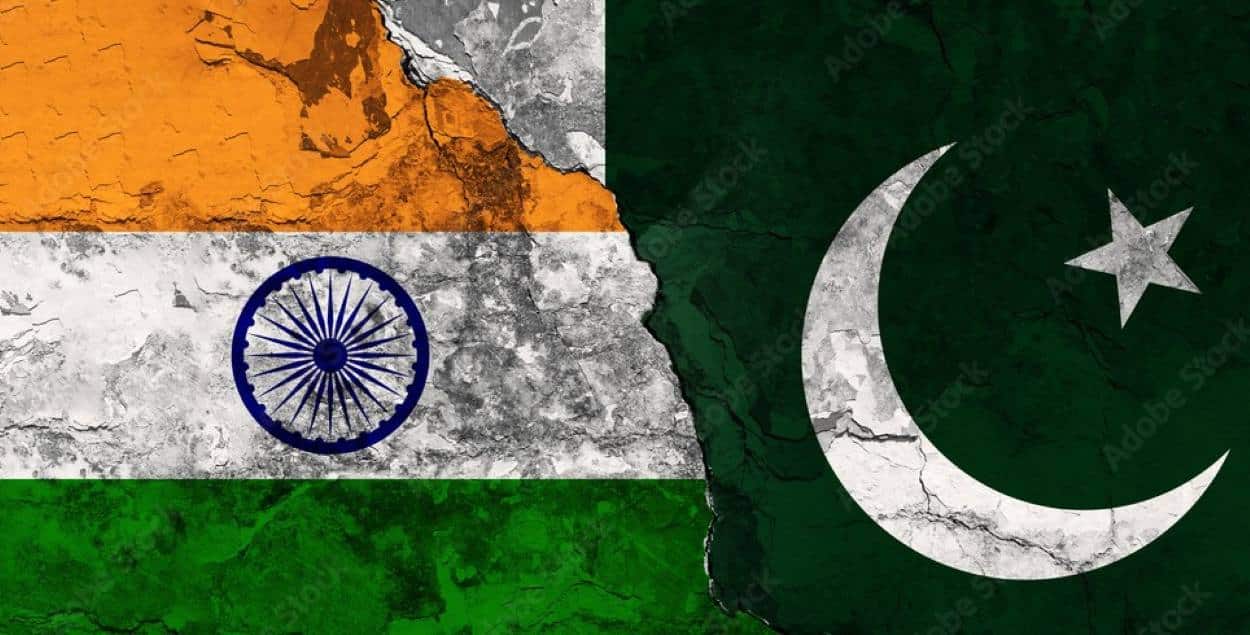On April 22, 2025, a terror attack in Pahalgam, Jammu and Kashmir, killed 26 people, mostly tourists, prompting India to implement severe diplomatic measures against Pakistan, alleging cross-border involvement without public evidence.
The attack, the deadliest civilian assault in the region in 25 years, led India to suspend the 1960 Indus Waters Treaty, close the Attari-Wagah border, and downgrade diplomatic relations, escalating tensions to a critical low.
The attack at Baisaran Valley, Pahalgam, killed 25 Indians and one Nepali, injuring 17, including tourists like those near celebrities Dipika Kakar and Shoaib Ibrahim, who safely left the area. The Kashmir Resistance group, linked to Lashkar-e-Taiba by Indian officials, claimed responsibility, alleging the victims were “security-affiliated” due to post-2019 demographic changes. Indian forces launched a manhunt, deploying thousands of police, soldiers, and helicopters, with a ₹20 lakh bounty for information on attackers.
India’s Diplomatic Measures
Following a Cabinet Committee on Security (CCS) meeting chaired by Prime Minister Narendra Modi, who cut short a Saudi Arabia visit, Foreign Secretary Vikram Misri announced:
- Indus Waters Treaty Suspension: Paused until Pakistan halts alleged “cross-border terrorism,” threatening Pakistan’s agriculture, which relies on 80% of the Indus system’s 39 billion cubic meters of water.
- Attari-Wagah Border Closure: Effective immediately, with crossings allowed until May 1, 2025.
- SAARC Visa Ban: Pakistani nationals must leave India within 48 hours; existing visas cancelled.
- Expulsion of Military Advisers: Pakistani defence advisers were declared persona non grata and given a week to leave; India withdrew its advisers from Islamabad.
- High Commission Staff Cuts: Reduced from 55 to 30 by May 1, 2025.
Home Minister Amit Shah visited Srinagar, paying tributes to the victims and inspecting the attack site. Defence Minister Rajnath Singh vowed to pursue the perpetrators and their sponsors.
#WATCH | Delhi: Foreign Secretary Vikram Misri says, "Recognising the seriousness of this terrorist attack, the Cabinet Committee on Security (CCS) decided upon the following measures- The Indus Waters Treaty of 1960 will be held in abeyance with immediate effect until Pakistan… pic.twitter.com/PxEPrrK1G8
— ANI (@ANI) April 23, 2025Indian forces intensified operations, erecting checkpoints and searching forested areas. A separate incident in Baramulla saw two alleged infiltrators from Azad Jammu and Kashmir killed, though unconfirmed. Pakistan denies involvement, with Prime Minister Shehbaz Sharif’s National Security Committee set to respond on April 24. Shops in Jammu and Kashmir closed in protest, reflecting local unrest.
India’s measures leverage strategic assets like water and trade but rely on unverified claims of Pakistani links, risking escalation without transparent evidence. The suspension of the Indus Waters Treaty, unprecedented since 1960, may prompt World Bank mediation, as Pakistan could contest it legally. Border closures and visa bans disrupt civilian exchanges, disproportionately affecting traders and families.
Indian Foreign Secretary Vikram Misri announced a raft of measures to downgrade India's ties with Pakistan, a day after suspected militants killed 26 men at a tourist destination in Kashmir https://t.co/TzojTitNje pic.twitter.com/Y1ECm4lfLu
— Reuters (@Reuters) April 24, 2025The Resistance Front’s claim, tied to Kashmir’s post-2019 autonomy revocation, highlights local grievances, potentially sidelined by India’s Pakistan-focused narrative. Pakistan’s historical ties to militancy fuel India’s stance, but its denial and call for condolences suggest restraint. The content balances both perspectives, noting evidence gaps to ensure fairness. Escalation mirrors 2019 tensions, with US support for India complicating Pakistan’s position.
India’s ongoing security operations and Pakistan’s forthcoming response will shape the conflict’s path. Global reactions, including from the UN, may influence de-escalation efforts. Readers can follow updates via credible sources to track developments.






